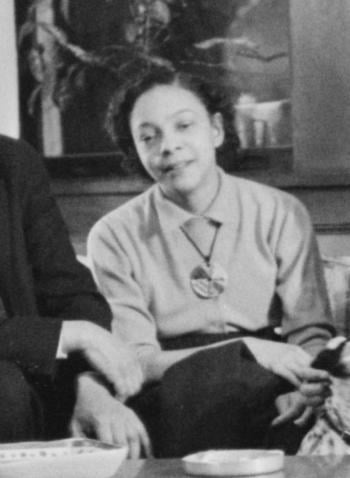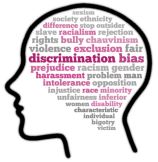Mamie Phipps Clark (1917-1983): Pioneer Psychologist on Racial Identity, Child Development, and Systemic Racism
Mamie Phipps Clark (1917-1983): Pioneer Psychologist on Racial Identity, Child Development, and Systemic Racism

Mamie Phipps Clark was a pioneering psychologist whose work fundamentally shaped our understanding of racial identity, child development, and the psychological impacts of systemic racism. Her contributions were critical to the advancement of psychology and the civil rights movement, particularly through her groundbreaking research and dedication to community-based mental health services.
Born in Hot Springs, Arkansas, Clark grew up in a segregated society that presented significant barriers for African Americans, particularly women. Despite these challenges, she excelled academically and earned a scholarship to Howard University, where she initially pursued mathematics and physics. However, her growing interest in psychology, fueled partly by her relationship with Kenneth Clark, her future husband and research collaborator, led her to change her field of study. At Howard, she earned both her bachelor’s and master’s degrees in psychology, focusing her master’s thesis on the development of self-awareness in Black preschool children. Her work marked the beginning of her research into the psychological effects of racism on children.
In 1943, Clark made history as the first Black woman to earn a PhD in psychology from Columbia University. Her doctoral research expanded on her studies, examining how societal racism influenced the self-perception of Black children. Alongside Kenneth Clark, she conducted the influential “doll experiments,” in which Black children were asked to choose between black and white dolls. The experiments showed that many children preferred the white dolls, attributing positive traits to them while associating negative characteristics with the black dolls. These findings revealed the destructive influence of segregation and internalized racism on the self-esteem of African American children.
The Clarks’ research gained national attention when it was used as key evidence in the 1954 Supreme Court case Brown v. Board of Education. Their findings played a pivotal role in the Court’s decision to declare racial segregation in public schools unconstitutional, dismantling the doctrine of "separate but equal." This landmark case not only transformed the American education system but also validated the Clarks' scientific contributions to the understanding of racial inequality.
Despite her groundbreaking research and academic achievements, Clark faced considerable discrimination as a Black woman in a field dominated by white men. Frustrated by the lack of professional opportunities, she turned her focus to addressing the mental health needs of underserved communities. In 1946, she co-founded the Northside Center for Child Development in Harlem, a community-based organization that provided psychological services, educational support, and advocacy for African American children and their families. The Northside Center became a cornerstone of culturally sensitive mental health care, offering resources that were previously inaccessible to many in the community.
Clark’s work at the Northside Center reflected her deep commitment to social justice and equality. She advocated for improved educational opportunities for minority children and worked tirelessly to address the systemic racism embedded in schools and society. Her contributions extended beyond her clinical and academic work, as she actively engaged in civil rights advocacy to create a more equitable future. Throughout her career, Clark received numerous accolades recognizing her trailblazing contributions. She was named a fellow of the American Psychological Association and received widespread acclaim for her research and community work. Her legacy endures through the ongoing work of the Northside Center and the continued relevance of her studies on race, identity, and the psychological effects of discrimination.
Mamie Phipps Clark’s life was defined by resilience, innovation, and a relentless pursuit of justice. She broke barriers in academia, reshaped psychology’s understanding of racial identity, and championed mental health care for underserved populations. Her work remains a vital foundation for psychologists, educators, and activists, serving as a powerful example of how science and advocacy can intersect to drive meaningful societal change.
References:
- https://encyclopediaofarkansas.net/entries/mamie-katherine-phipps-clark
- https://www.apa.org/pi/oema/resources/ethnicity-health/psychologists/clark
- https://www.womenshistory.org/education-resources/biographies/mamie-phipps-clark
- https://thedig.howard.edu/all-stories/mamie-phipps-clark-pioneering-psychologist-behind-famed-dolls-tes
















